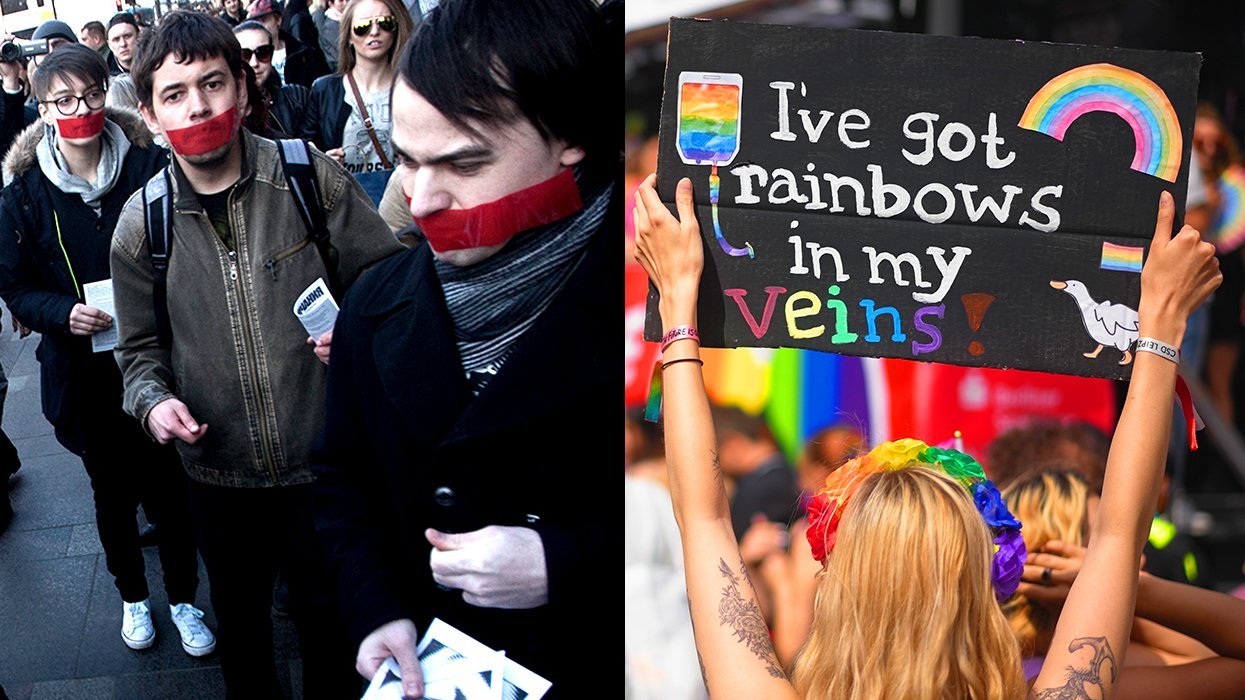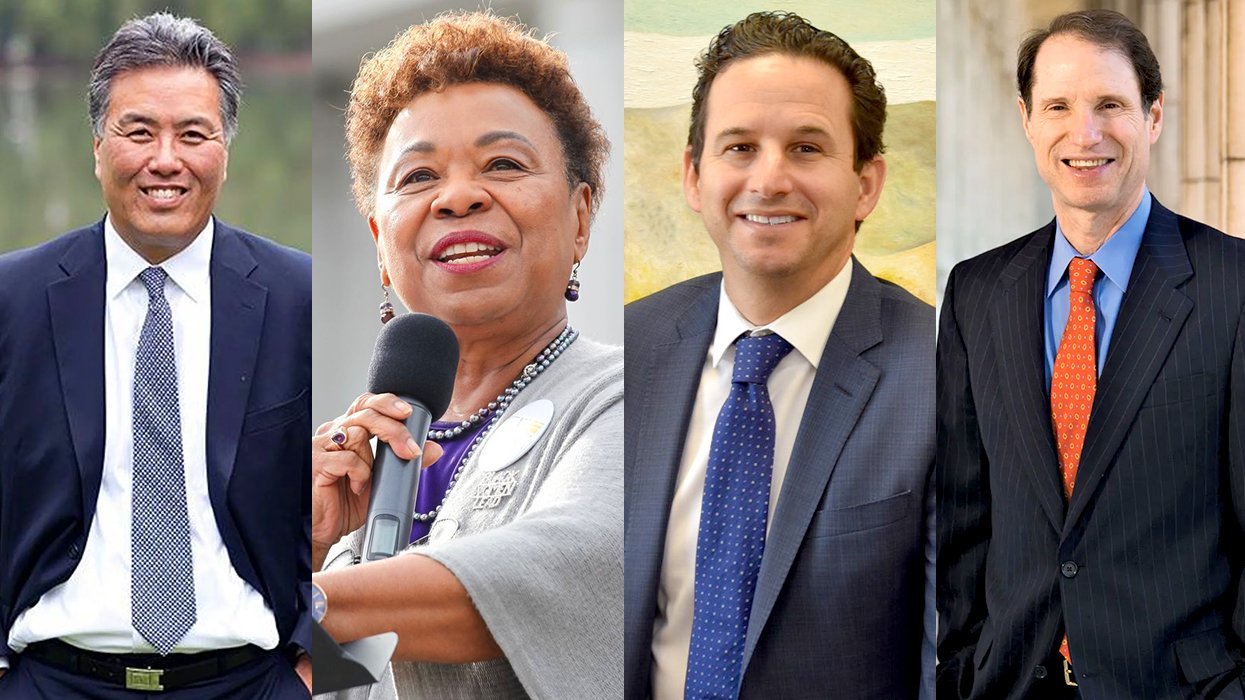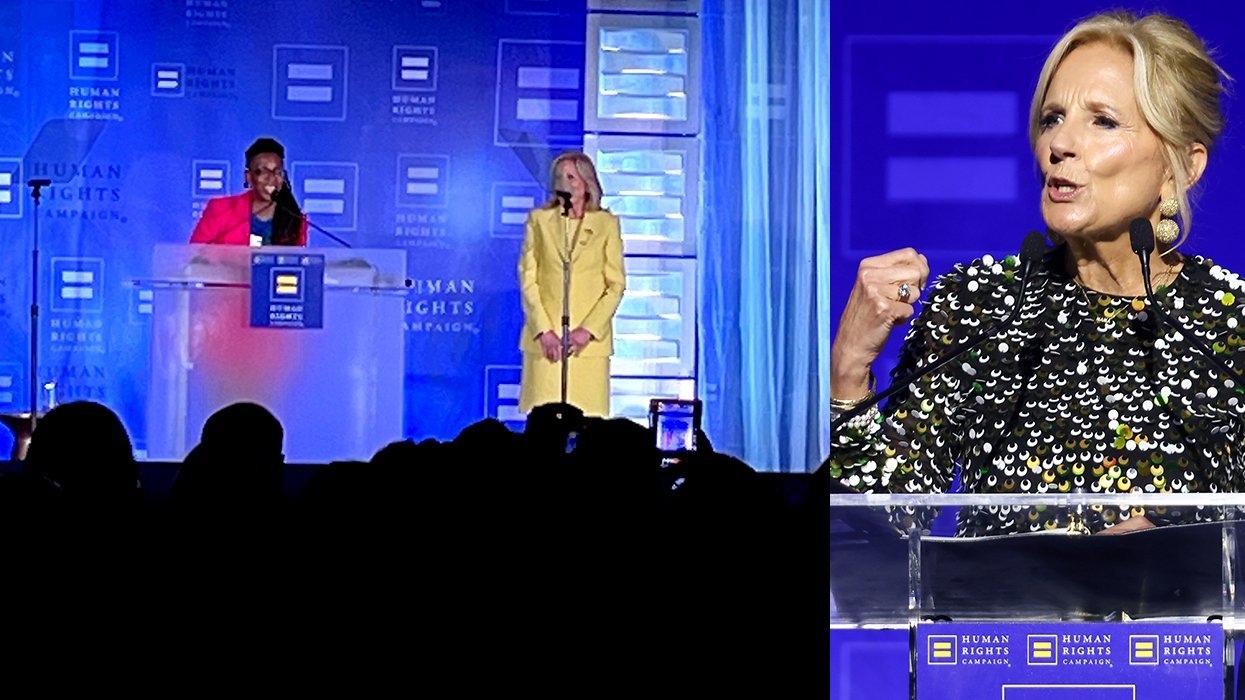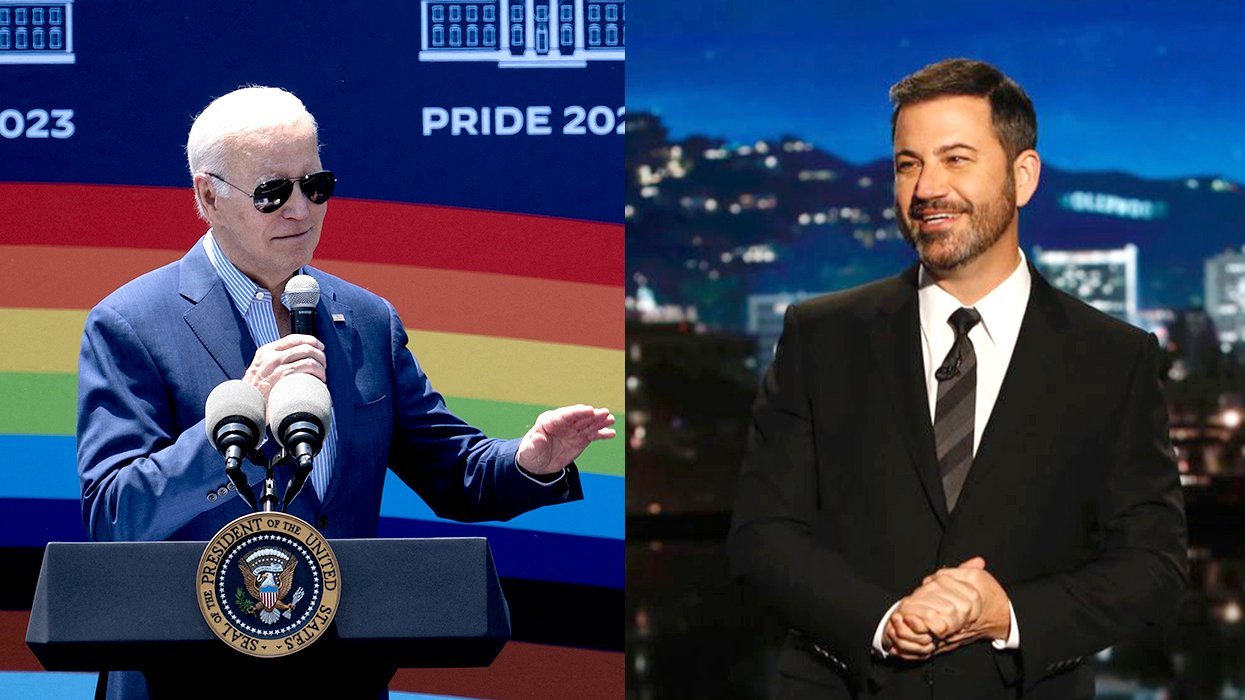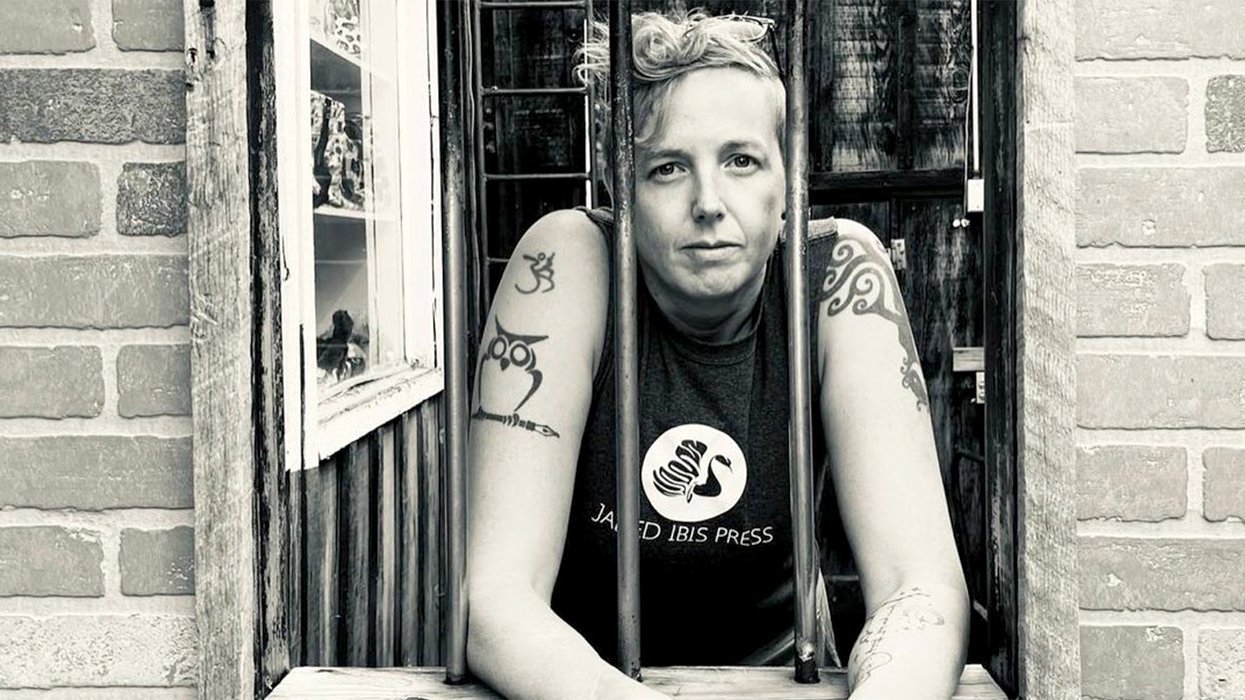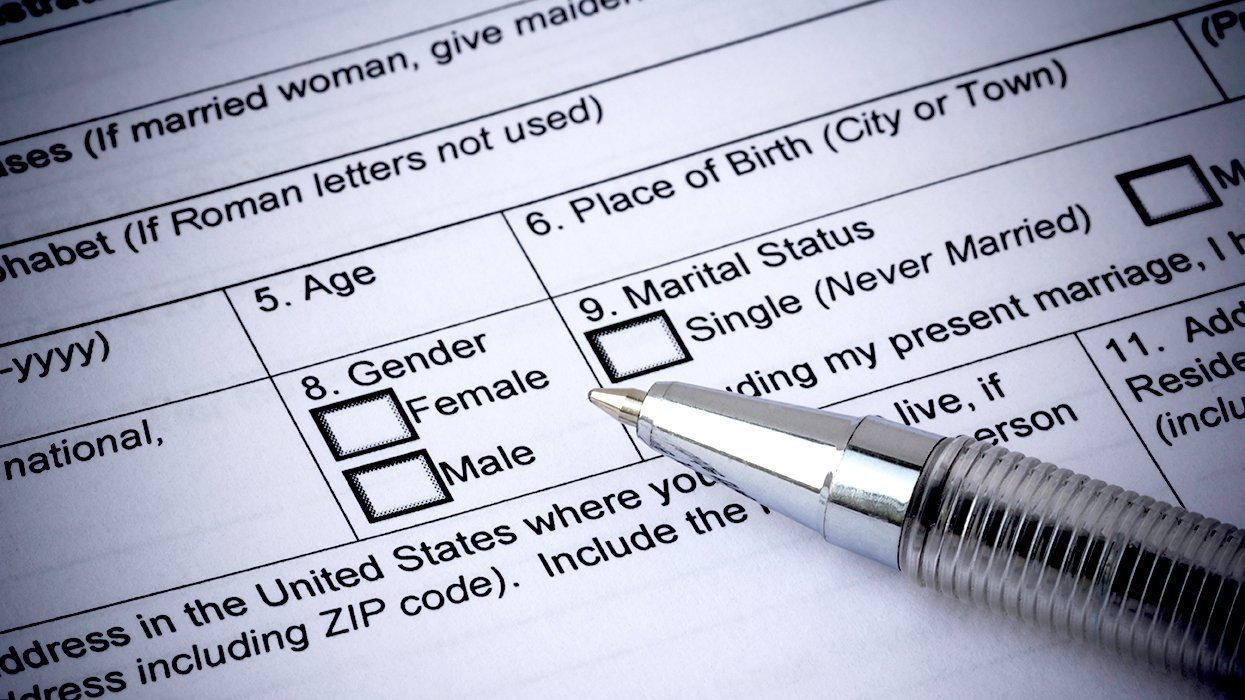The Open Society
Institute, a group that promotes public policies that
safeguard the rights of people worldwide, says that the Bush
administration is attempting to weaken a political
declaration on AIDS issues currently being formulated
at a special three-day United Nations meeting focused
on the disease. The institute says the U.S. delegation to
the meeting is opposed to setting clear targets and time
frames in stopping the spread of HIV, which removes
the pressure on governments worldwide to move quickly
to set up prevention and treatment programs.
AIDS advocates
say part of the reason for the U.S. opposition to setting
time frames and targets in fighting the disease is that it
is failing to effectively combat its own domestic HIV
epidemic. A recent report claims that half of the
HIV-positive people in the United States who need
antiretroviral treatment are not receiving it and that the
number of new infections occurring each year in the
country hasn't dropped in nearly a decade.
"The U.S.
is in no position to preach to other countries on how to
address the AIDS epidemic when it has much to answer for
back home," said Chris Collins, author of the
report published by the Public Health Watch HIV/AIDS
Monitoring Project of the Open Society Institute, in a press
statement. "There is no denying that the U.S. leads
in funding for AIDS globally, but without its own
national strategy that focuses on outcomes for
prevention, treatment, and service delivery, the U.S.
delegation needs to speak to how they're going
to do better for Americans as they try to influence
international policy."
The monitoring
report shows that U.S. AIDS funding does not allow for
comprehensive and sustained access to HIV care, that the
country has failed to meet a 2005 HIV prevention
target set by the Centers for Disease Control and
Prevention in cutting the number of annual new HIV
infections, that only half of the nation's
HIV-positive people receive consistent HIV care, and
that the government has failed to address the
disproportionate impact of HIV among communities of color,
gay and bisexual men, injection-drug users, and the
poor.
"The U.S. needs
to help strengthen, not weaken the political
declaration at the U.N. meeting on AIDS, and at home our
government needs to launch a vigorous, federally
managed effort to test, refine, and deliver innovative
programming that improves outcomes for communities of
color," said Rachel Guglielmo, project director of
the Public Health Watch Project, in a press statement.
"We need to use proven tools such as frank
sexual education and needle exchange to bring HIV incidence
down. The U.S. should put its funding priorities here
and abroad into programs that are based on solid
evidence of what works. Only by first delivering on
its commitments at home can the U.S. speak with full
credibility to other nations at the U.N. "
A copy of the
U.S. policy report is available online at www.publichealthwatch.info. (The
Advocate)














